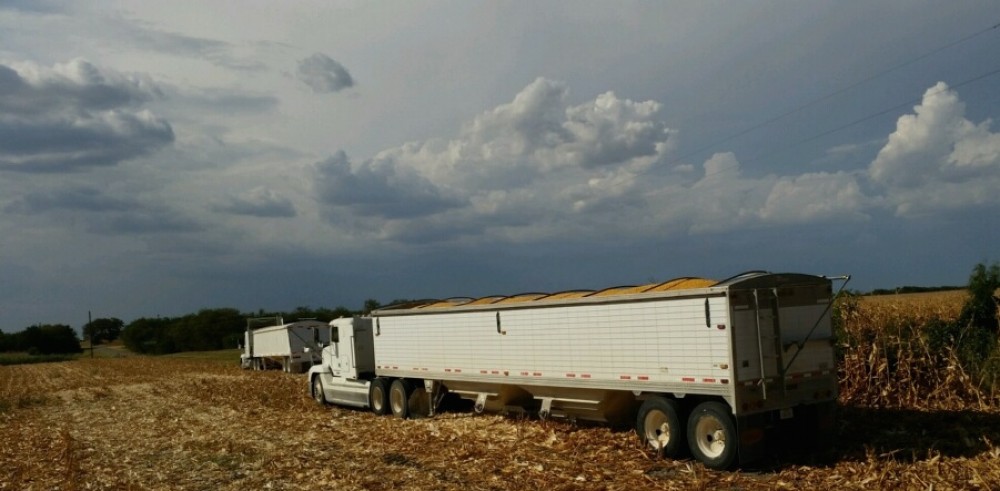Who put the “Merry” back in “Christmas?”
The red-cheeked nephew burst from the bright snowy cold into the dreary, drab, dusty office.
“A Merry Christmas, uncle!” he shouted with glee.
“Bah!” the squeezing, wrenching, grasping, scraping, clutching, covetous, hard, secret, solitary, cold, shriveled, stiff, frosty old Scrooge said, and added, “Humbug!”
“Christmas a humbug, uncle. Surely, you don’t mean that?”
“I do mean that, nephew. You keep Christmas in your way, and let me keep it in mine.”
“But, uncle, you don’t keep it.”
And, he did not. Scrooge had not kept merry or Christmas for many a year, not since he was a young man filled with fresh joys and basking in the smile of a young lady’s love. He’d left that sweet girl for the empty success of the pursuit of money, and he had not been merry since.
Thus opens “A Christmas Carol” by Charles Dickens. First published in 1843, the short novel, or novella, is probably the best known and most read Christmas story since the first in Bethlehem years before. Dickens, himself, lived and wrote in London, England, in the times of Queen Victoria and Prince Albert. The Victorian age, as it was called, was a time of unprecedented growth and wealth. Sadly, it was not so for all. There was much poverty and much reason for many not to be joyous in the long dark at the approach of the winter solstice and the turn of the season.
Charles Dickens had known poverty in his youth, and his eyes had seen the want and need of the common people in the streets and along the byways. For them, Christmas had lost much of its luster. Like Scrooge, the tired workers, the searching fathers and pleading mothers, the thin ragged children had become, much against their own wishes, cramped and small and bereft of joy.
The writer saw this, and he wished Christmas well and renewed.
Charles Dickens wrote “A Christmas Carol” in its small way, in a worn section of the old town, in the tiny house of Bob Cratchit, with the smiling and crippled Tiny Tim, accompanied by the wails, frowns, laughs and silence of four quaint and varied apparitions, to do just that, to help make Christmas merry again.
To return to the story, the miserly Scrooge turns to his nephew and throws at him this challenge: “What good has Christmas ever done you?”
To which, the nephew responds with these, some of my favorite words of the short story and the Christmas season:
“’There are many things from which I might have derived good, by which I have not profited, I dare say,’ returned the nephew; ‘Christmas among the rest. But I am sure I have always thought of Christmastime, when it has come around – apart from the veneration due to its sacred name and origin, if anything belonging to it can be kept apart from that – as a good time; a kind, forgiving, charitable, pleasant time; the only time I know of, in the long calendar of the year, when men and women seem by one consent to open their shut-up hearts freely, and to think of people below them as if they really were fellow-passengers to the grave, and not another race of creatures bound on other journeys. And therefore, uncle, though it has never put a scrap of gold or silver in my pockets, I believe it has done me good and will do me good; and I say, God bless it! . . . So A Merry Christmas, uncle! . . . And A Happy New Year!’”
To which, Scrooge, who has yet to encounter his ghosts, responds dismissively, “Good afternoon,” and mutters under his breath, “Bah. Humbug.” There is, of Christmas, much for Uncle Scrooge to learn, and he will before the night is over and a new day dawns for him in the old town.
Perhaps there is something to be had for each of us to read, or re-read, that spooky tale of Christmas specters and late-night visitors.
I like the idea, and I started my re-read these two nights past.
There are still many evenings until the eve night.
May it find us wiser and wishing all:
“A Merry Christmas! And A Happy New Year!”
“And so, as Tiny Tim observed, God bless Us, Every One!”
Grandpa Jim
